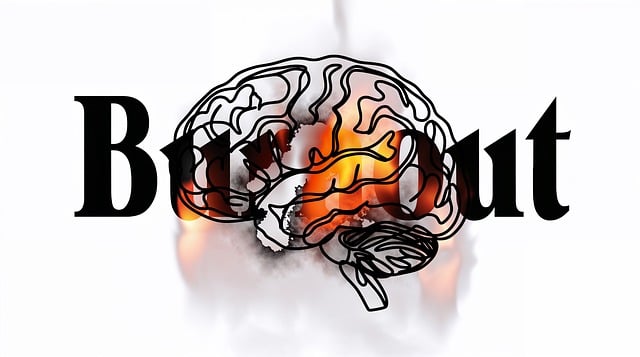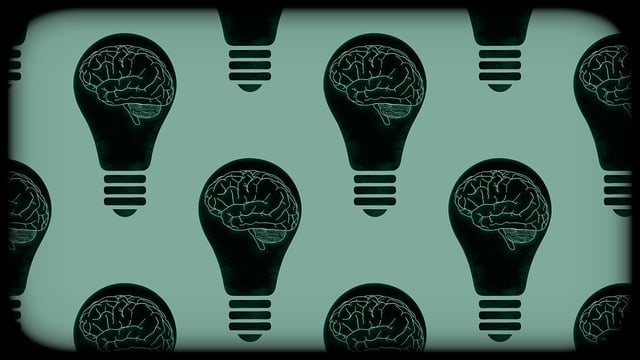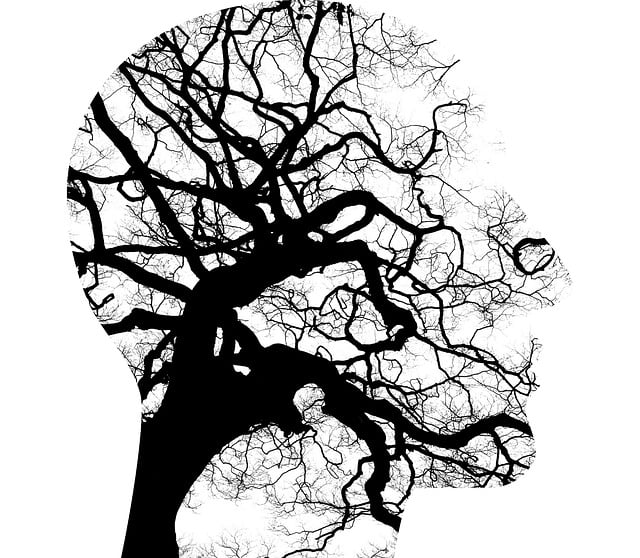Lakewood International Adoptions Therapy (LIAT) tackles mental health misdiagnosis through a multi-faceted approach combining evidence-based practices, cultural sensitivity, and accessible education. By integrating stress management, mindfulness meditation, and culturally tailored interventions, LIAT improves diagnosis accuracy, reduces misdiagnosis rates, and enhances patient outcomes. Their Mental Wellness Podcast Series reaches at-risk populations globally, while emphasizing burnout prevention among healthcare providers to ensure consistent and objective care for a diverse client base.
Mental illness diagnosis accuracy is a critical aspect of patient care, yet challenges like misdiagnosis persist. This article explores strategies aimed at enhancing diagnostic precision, delving into the complexities of mental health assessment. We examine the unique contribution of organizations like Lakewood International Adoptions Therapy (LIAT), highlighting their role in refining diagnostic methods. Additionally, we discuss innovative approaches and the importance of cultural sensitivity in mental illness evaluation, providing insights that could revolutionize healthcare practices.
- Understanding the Challenges: Misdiagnosis in Mental Health
- The Role of Lakewood International Adoptions Therapy (LIAT) in Enhancing Diagnosis
- Innovative Approaches to Improve Diagnostic Accuracy
- Ensuring Cultural Sensitivity and Diversity in Mental Illness Assessment
Understanding the Challenges: Misdiagnosis in Mental Health

Misdiagnosis is a significant challenge within the mental health realm, often resulting in delayed treatment and adverse outcomes for individuals suffering from various psychological disorders. The human mind is complex, and symptoms can be multifaceted, making accurate diagnosis difficult, especially with conditions that share similar presentations. For instance, anxiety disorders, depression, and post-traumatic stress disorder (PTSD) may exhibit comparable behavioral and emotional indicators, leading to potential misidentification. This issue is further complicated by the fact that mental health professionals have limited time during assessments, which can impact their ability to discern subtle differences between conditions.
At Lakewood International Adoptions Therapy, we recognize these challenges and strive to enhance diagnosis accuracy through various initiatives. Our approach includes integrating evidence-based practices such as stress management techniques, mindfulness meditation, and incorporating a Mental Wellness Podcast Series Production to educate both patients and caregivers on the intricacies of mental health. By raising awareness and providing accessible resources, we aim to reduce misdiagnosis rates, ultimately improving patient outcomes and fostering a more comprehensive understanding of mental wellness.
The Role of Lakewood International Adoptions Therapy (LIAT) in Enhancing Diagnosis

Lakewood International Adoptions Therapy (LIAT) plays a pivotal role in enhancing mental illness diagnosis accuracy, particularly for individuals from diverse cultural backgrounds. By integrating Cultural Sensitivity in Mental Healthcare Practice, LIAT offers tailored interventions that account for unique expressions of distress across different cultures. This approach not only improves diagnostic precision but also fosters trust and engagement between patients and healthcare providers.
In addition to its focus on Cultural Sensitivity, LIAT contributes to Depression Prevention efforts through evidence-based practices and resources. Their Mental Wellness Podcast Series Production targets at-risk populations, providing accessible information and support that can lead to early identification and intervention of mental health issues. This multi-faceted approach positions LIAT as a trailblazer in the global pursuit of more accurate and culturally responsive mental illness diagnosis.
Innovative Approaches to Improve Diagnostic Accuracy

In recent years, efforts to enhance mental illness diagnosis accuracy have led to innovative approaches at institutions like Lakewood International Adoptions Therapy. One notable strategy is integrating empathy-building techniques into diagnostic processes. By fostering a deeper understanding and connection with patients, healthcare providers can gather more nuanced information, leading to more precise diagnoses. This shift towards patient-centered care not only improves accuracy but also strengthens the therapeutic relationship.
Additionally, burnout prevention strategies for healthcare providers are gaining traction as essential components of these efforts. Implementing stress reduction methods, such as mindfulness training and regular self-care practices, can help maintain clinical effectiveness. A well-rested and resilient healthcare workforce is better equipped to provide consistent and accurate diagnoses, making it a crucial aspect of improving mental health services at institutions like Lakewood International Adoptions Therapy.
Ensuring Cultural Sensitivity and Diversity in Mental Illness Assessment

In an increasingly diverse society, ensuring cultural sensitivity and inclusivity in mental illness assessment is paramount. Traditional diagnostic methods often fail to account for cultural nuances, leading to potential misdiagnoses or missed opportunities for treatment. For instance, symptoms of depression might manifest differently across cultures; what appears as quiet contemplation in one culture could be interpreted as aggression in another. This complexity necessitates that healthcare providers adopt a culturally competent approach. At Lakewood International Adoptions Therapy, we champion such practices by encouraging therapists to consider the patient’s cultural background, values, and beliefs when gathering information and making assessments.
Integrating burnout prevention strategies for healthcare providers is also vital. Mental health professionals who are burned out may struggle with objectivity, impacting their ability to accurately diagnose and treat patients. Promoting stress management techniques and emotional well-being can mitigate this risk. By fostering a supportive work environment that prioritizes self-care, we not only enhance the quality of care provided but also ensure therapists remain attuned to the unique needs of their diverse clientele, including those from various cultural backgrounds.
Mental illness diagnosis accuracy has long presented significant challenges, with misdiagnosis being a common issue. The article has explored these hurdles through the lens of understanding misdiagnosis in mental health. It has highlighted the valuable role that initiatives like Lakewood International Adoptions Therapy (LIAT) play in enhancing diagnostic processes, offering specialized approaches to improve accuracy. By incorporating innovative techniques and emphasizing cultural sensitivity, as demonstrated by LIAT’s practices, we can ensure more effective and tailored mental health assessments. These efforts collectively contribute to better patient outcomes and a more comprehensive understanding of mental illness.














